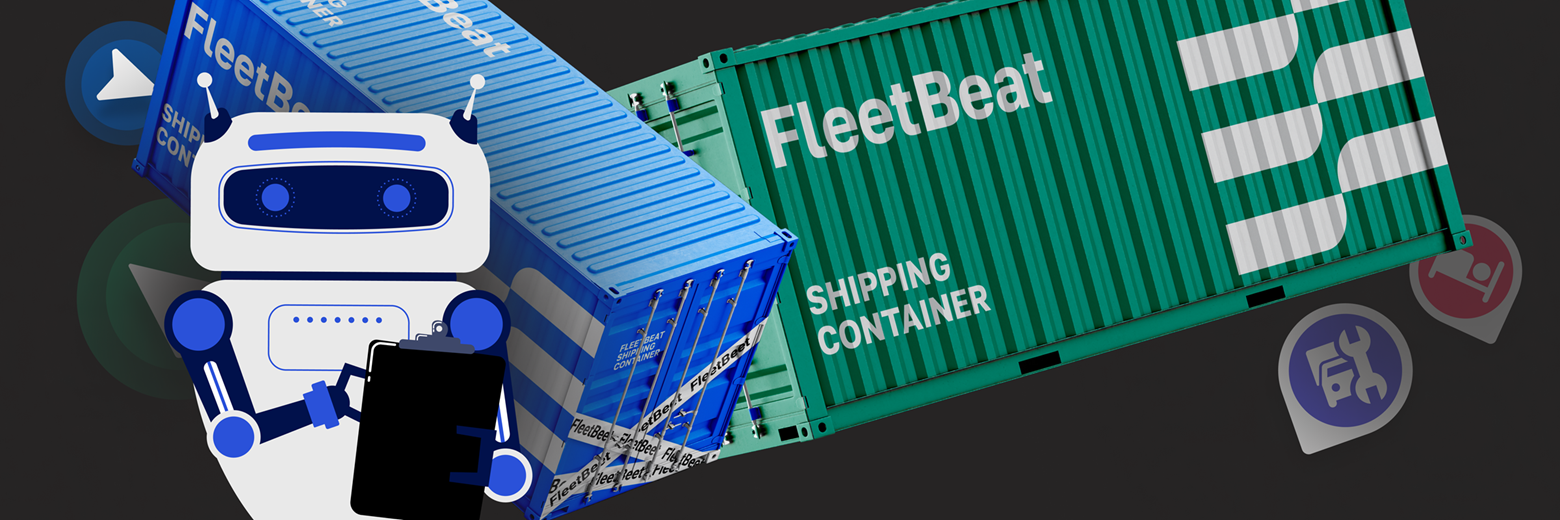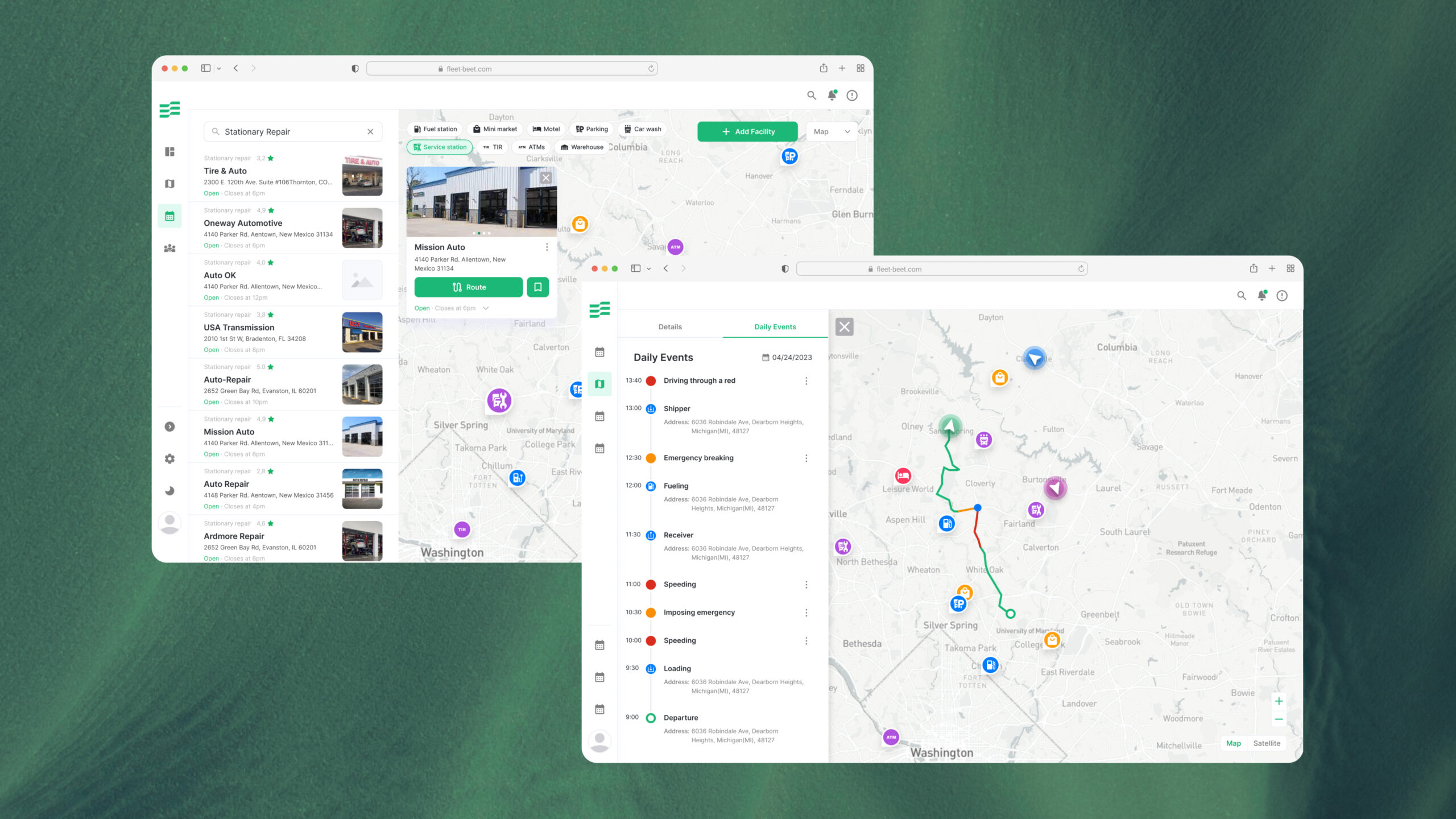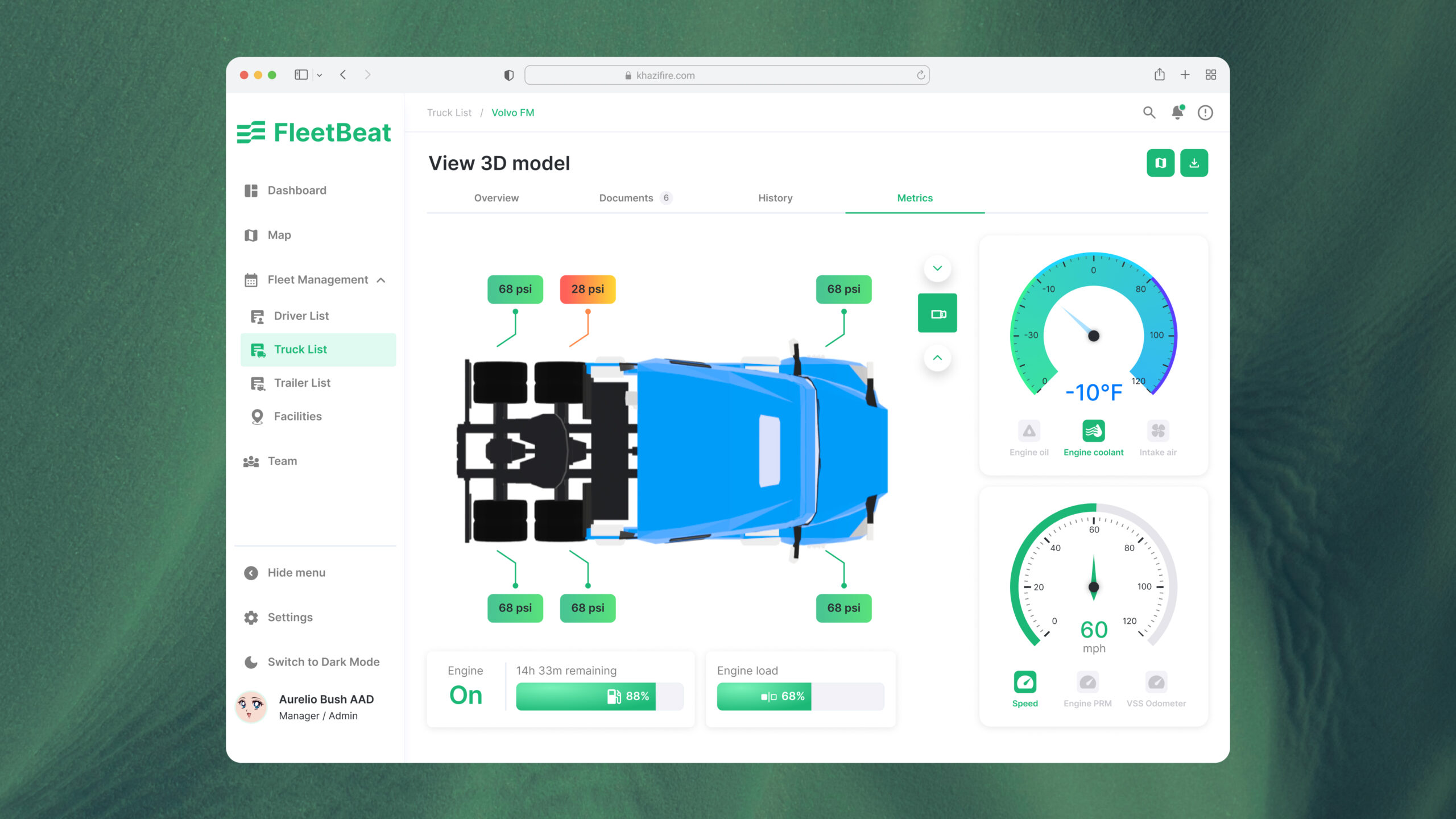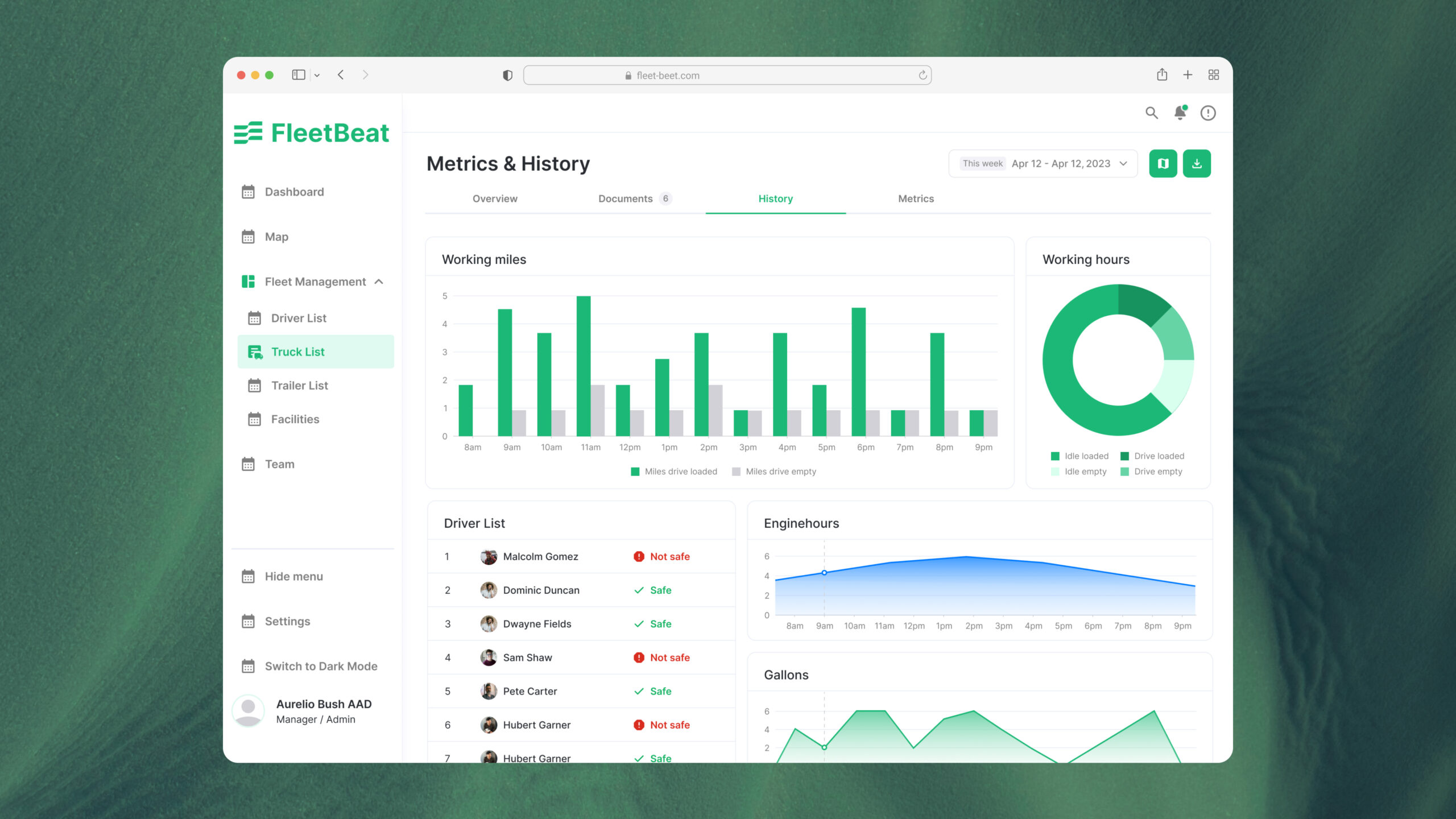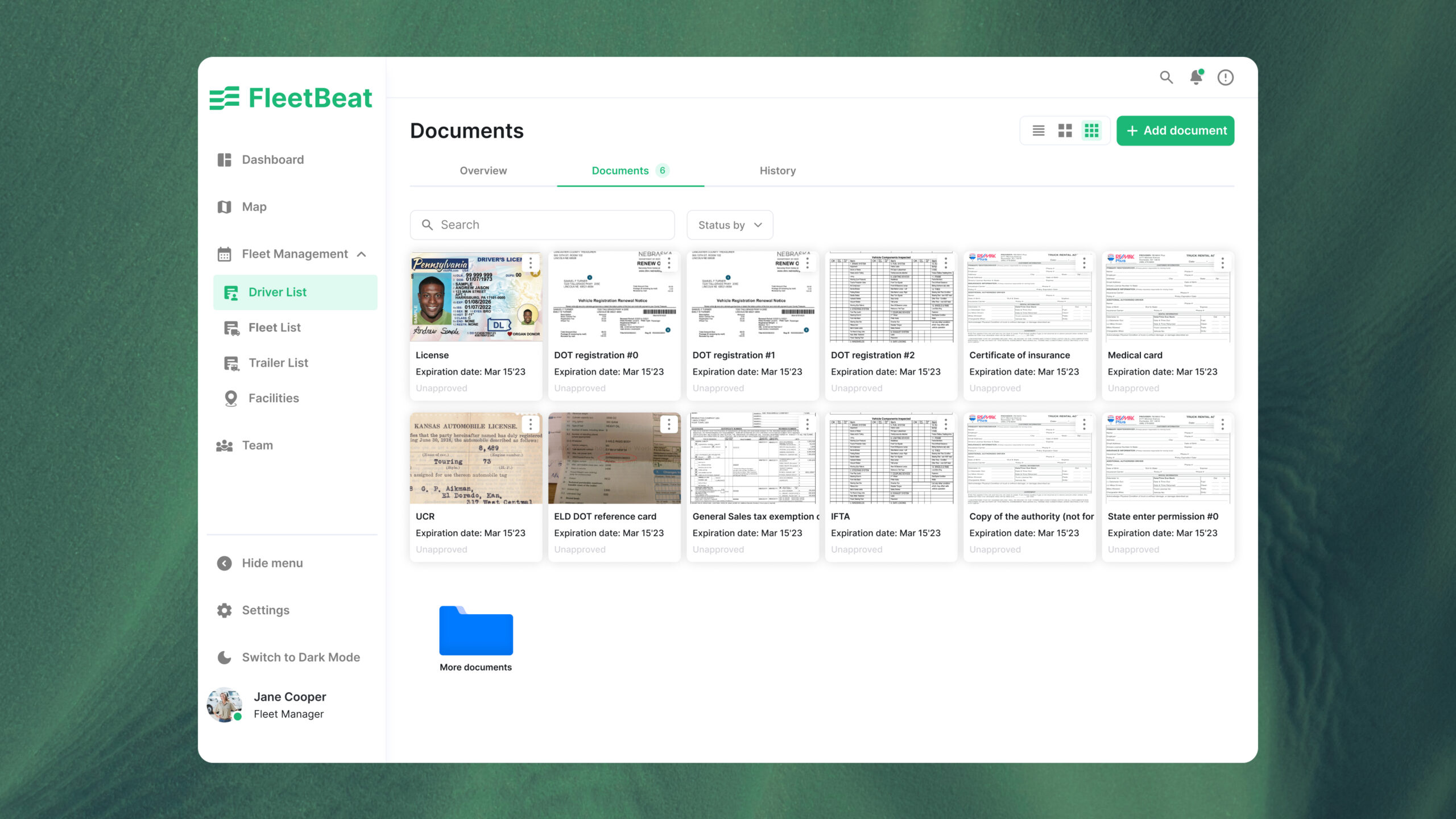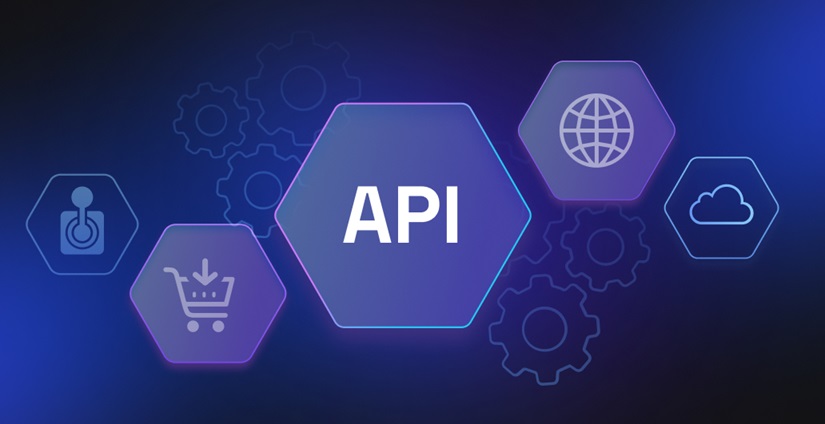With each passing year (though it’s an understatement.. with each passing month 🙂!), Artificial Intelligence (AI) is increasingly permeating various aspects of our lives, simplifying many work processes, and assisting in solving various tasks. You have probably already seen in practice how various AI solutions can easily process and analyze data, conduct analytics, as well as offer logical solutions – and you must agree, this is exciting!
In this blog post, we will explore another domain for AI application – Fleet Management. We will analyze how AI integration can work with the Fleet Management Software, what benefits it can bring, and see what fleet industry problems it may solve.
Let’s talk about Artificial Intelligence and how it works
“AI, or Artificial Intelligence, is a field of computer science that focuses on creating systems and machines capable of performing tasks that typically require human intelligence.” – ChatGPT says when you ask where it comes from and what AI is.
Artificial Intelligence is able to look at large volumes of gotten data, reports, analysis, etc. to spot answers to different questions or make some predictions. Like humans, AI relies on received information when making decisions, but it focuses on rough data, influencing factors, and hidden patterns, while “business intelligence” relies on a human knowing what questions to ask and where to dive to find an answer. This is the main point that may help Fleet Management Systems to improve their decision-making, efficiency, and operation.
Analyzing data and learning different historical cases tracked in a Fleet Management Software (BTW, check our recent blog post on Fleet Management Software), AI can globally do the following:
- Predict: If the AI saw a few similar scenarios and their result, it will be clear to the system that other similar cases will have the same outcome;
- Analyse the cause and effect: If the AI noticed that implementation of this or that approach led to certain results, it will be able to notify fleet manager about positive or negative outcome, as well as use this learned data for future implementations;
- Anticipate: Based on certain historical data and analytics, AI can know the cases that are likely to occur in this or that new situation, improving the decision-making.
AI utilizes advanced algorithms and machine learning techniques to process and analyze vast amounts of data from various sources. These systems can make sense of complex data patterns, identify anomalies, and provide real-time insights to enhance decision-making. Having the Fleet Management Software in a stack, we can consider the processing of data from GPS, vehicle sensors, weather forecasts, traffic information, and historical data. It sounds to be a real game-changer for the industry, let’s see below.
Which key areas of Fleet Management can benefit from AI integration and what are the advantages?
In our earlier post about FMS systems, we described how properly designed software can significantly improve fleet work processes, and what global industry problems it can help solve. There we pointed out that the FMS system is the key to automating and increasing the efficiency of a wide variety of processes, which ultimately leads to a reduction in costs, an increase in the quality of services provided, a minimization in the required time to complete a particular task, and more.
Screens of Fleet Beat FMS developed by IT-Dimension
When talking about AI, we will probably touch on similar points. But here we will talk about greater automation and exclusion of human resources from some repetitive processes.
Route Optimization
AI-powered systems are able to consider different factors when planning routes: traffic conditions, road conditions, vehicle capacity, travel time, and so on. The key point here is that the AI solution can analyze real-time data and provide the most efficient decision on the route optimization.
For example, artificial intelligence is capable of suggesting the most optimized route, taking into account not only the moment in time when such a request was received, but also looking ahead, calculating travel time, changes in weather conditions, traffic, and other things. All this with the help of available analytical or learned historical data.
This helps to improve delivery times, reduce fuel consumption, and simplify the driver’s job.
Fleet Beat’s map and route planning functionality
Vehicle Maintenance
Vehicle maintenance is one of the main expenses of fleet operations. And AI can help reduce these costs by not only reminding and warning about scheduled vehicle maintenance, but also by analyzing the real data of a particular transport, its performance, and other telematics data.
Such a process is possible and will be super effective using electronic devices and modules for tracking vehicle metrics and indicators, as we have, for example, in our Fleet Beat fleet management solution. It is feasible to train AI models to recommend when is the best time to perform maintenance on a number of vehicles. Such maintenance activities are optimized beyond the general manufacturer indications.
Going this way, fleets can empower predictive maintenance, getting info ahead about possible incidents, reduce of performance, or operation downtime. As a result, managers can take action to prevent this from happening and plan maintenance in advance, at the right time and in the right place.
Fleet Beat’s Truck Metrics features
Driver Behaviour Monitoring
Driver Behavior Monitoring starts by collecting data from various sources within the vehicle. These sources may include sensors, GPS systems, accelerometers, and even external data like traffic and weather conditions.
AI algorithms process the collected data in real time. They assess a wide range of driving behaviors and patterns, which include: speeding, harsh acceleration and breaking, sharp turns, idling, and so on.
Analyzing the received data over time, the AI system can compile certain reports, or send real-time notifications to the manager or driver. In addition, artificial intelligence can analyze this data between different drivers over time, and identify possible causes. For example: in a certain section of the road, different drivers often brake very sharply. The reason may be weather conditions, road conditions, time of the day, and so on, which can be taken into account next time, for example, when planning a route.
Driver Behaviour Monitoring with AI is a proactive approach that allows driver training, performance monitoring, safety and compliance sticking, cost reduction, and predictive analysis.
Driver Management features of Fleet Beat app
Inventory Management
When integrated with Fleet Management Software and powered by AI, Inventory Management plays an important role in optimizing fleet operations and improving efficiency.
AI analyzes historical maintenance data, vehicle usage patterns, and equipment conditions to predict when specific parts or supplies will be needed for maintenance. This enables proactive ordering and scheduling of maintenance, reducing downtime.
AI algorithms analyze historical data and external factors (e.g., weather, seasonality) to forecast the demand for spare parts and supplies accurately. Fleet managers can then stock inventory more efficiently, avoiding overstocking or shortages.
When inventory levels reach predetermined thresholds, AI-powered systems can trigger automated reorders of necessary parts or supplies. This ensures that critical items are always available when needed.
AI can optimize vendor relationships by assessing supplier performance, pricing, and lead times. It can recommend the best suppliers for specific parts based on historical data and cost-effectiveness.
Fuel Consumption Optimization
Speaking about how AI can help reduce fuel costs, it is worth noting that the points already mentioned above play an important role here: route optimization, driver behavior analysis, vehicle maintenance, and so on. Based on the learned data on the mentioned factors, AI can perform a detailed analysis of gotten patterns and provide efficient data-driven recommendations for reducing fuel expenses.
Overall, fuel consumption optimization combines real-time monitoring, predictive analytics, and driver feedback to achieve significant fuel savings and environmental benefits.
Detailed metrics and history available for fleet managers using Fleet Beat
Document management and paper optimization
Fleet managers deal with a large number of important working documents of various formats and contents daily. This is especially noticeable when we talk about big companies with large fleets. And this is where AI can become an indispensable assistant.
AI can help in the digitization of paper documents, converting them into electronic formats. This process enables easier storage, retrieval, and management of documents, reducing the need for physical paperwork.
AI can be used to manage contracts, such as vehicle purchase agreements, maintenance contracts, and insurance policies:
- Automatically extract and categorize contract data, making it easier to locate specific terms and conditions;
- Monitor contract expiration dates and send notifications to fleet managers for timely renewals or renegotiations;
- Flag critical clauses, such as warranty periods and service level agreements.
Fleet Beat’s document management
AI algorithms can automatically classify and filter documents based on predefined criteria. For example:
- Contracts can be sorted by type (e.g., leasing, maintenance, insurance) for easy access;
- Incoming documents can be categorized as invoices, receipts, maintenance reports, and so on.
This then can be used for easy filtering in the Fleet Management app.
AI-powered Document Management and Filtering can seamlessly integrate with other modules within FMS, such as Maintenance, Compliance, and Inventory Management. This integration ensures that relevant documents are readily available when needed.
AI can ensure that all necessary documents, such as vehicle registrations, licenses, and permits, are up-to-date and compliant with regulations. It can generate compliance reports and alert fleet managers to any discrepancies or missing documentation.
As an example, Leverton AI, trusted by many, helps manage contracts and obtain the most necessary information from them. The system uses natural language processing to classify any contractual clauses, policy-relevant sections, and signature portions.
Just imagine how much time an AI could save by doing the paperwork listed above. These capabilities streamline administrative tasks, reduce compliance risks, and contribute to cost savings within the Fleet Management Software ecosystem.
Conclusion
AI technologies encompass various subfields, including machine learning, natural language processing, computer vision, robotics, and neural networks. Machine learning, in particular, plays a significant role in AI development, allowing systems to learn from data and improve their performance over time without being explicitly programmed. This plays an important role when talking about the use of AI in the fleet industry and within Fleet Management Software. Thus, a well-thought-out FMS system paired with AI techs provides great automation for a wide variety of processes, saving human resources, finances, and time.
The advantages of the introduction of AI into the FMS are truly significant. We, who have extensive experience working with AI and machine learning in particular, have already begun implementing AI into our Fleet Beat product. And if you are thinking about a similar solution, we are always happy to help.
